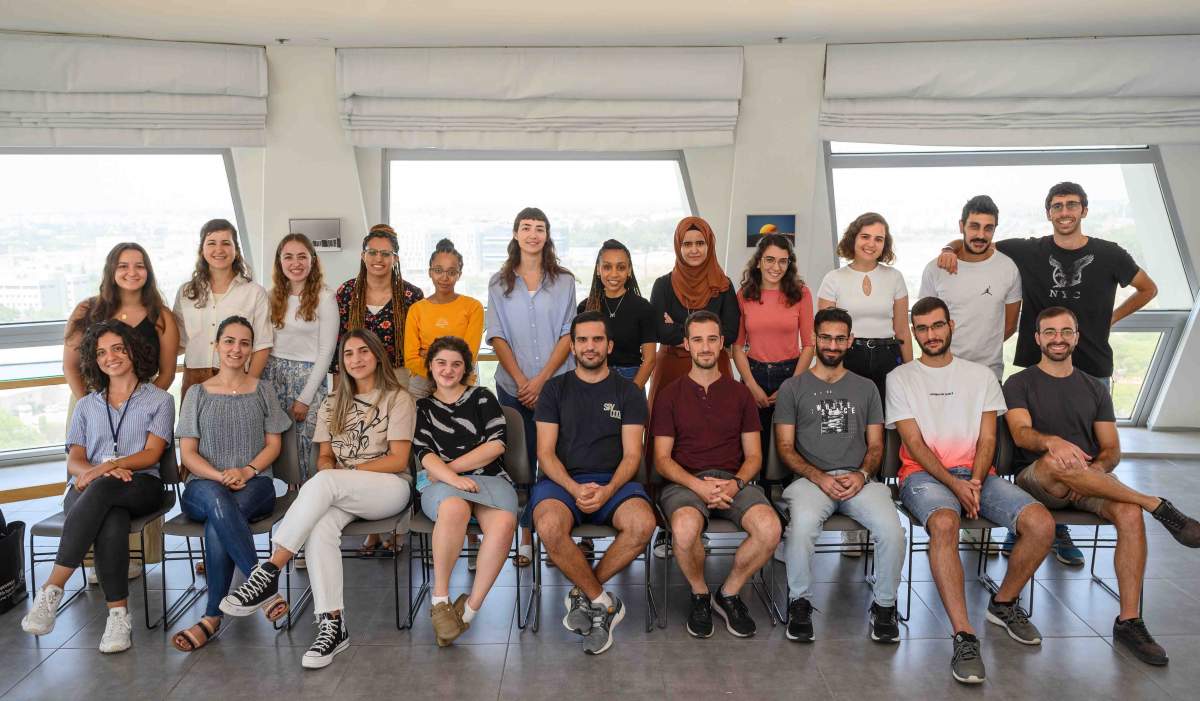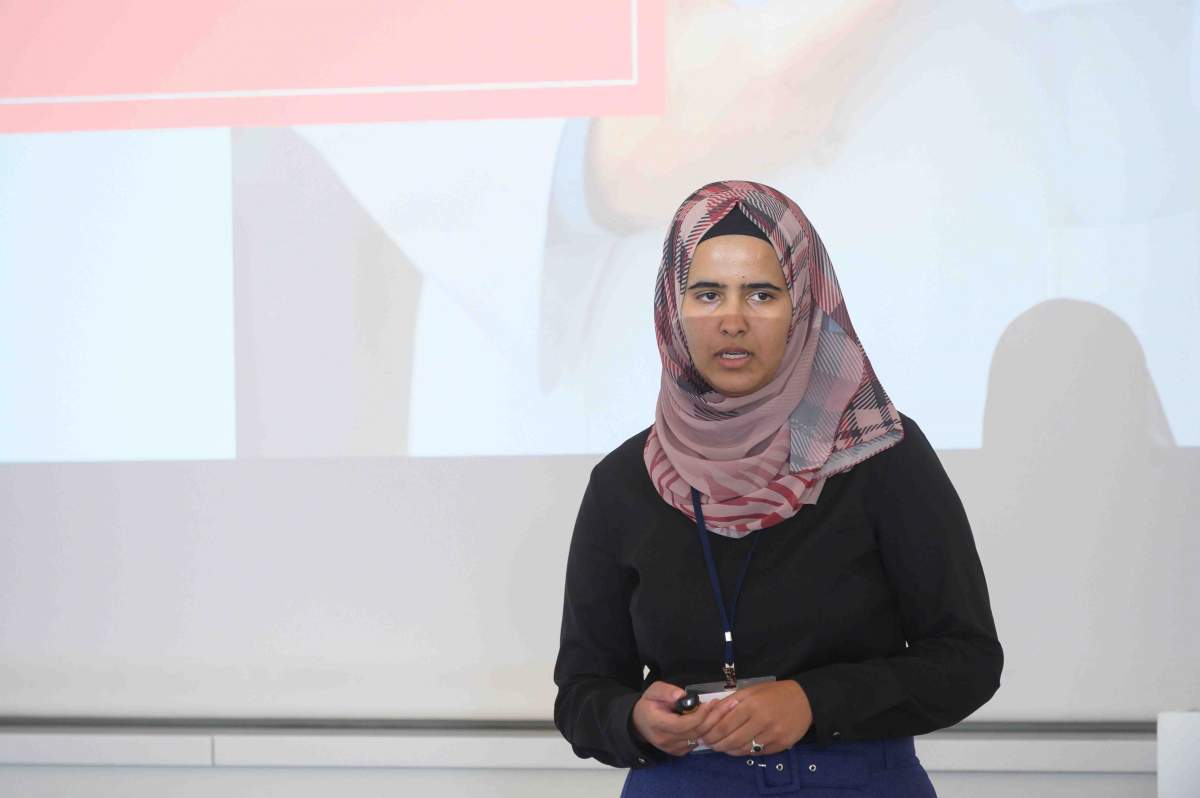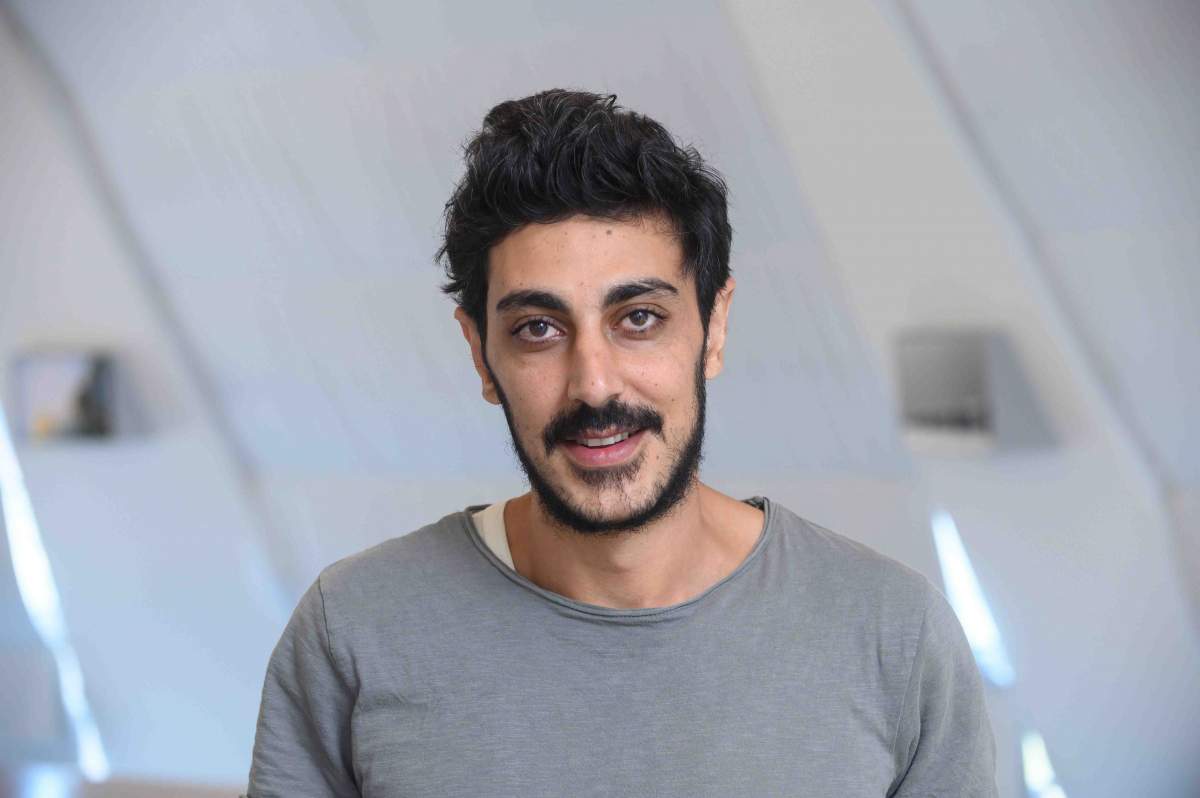Are you a journalist? Please sign up here for our press releases
Subscribe to our monthly newsletter:

Jamela Abu Ayada’s pursuit of a scientific career was determined largely by two experiences.
The first was when Abu Ayada, a 22-year-old medical student who grew up in the Bedouin village of Makhul in the Negev Desert, learned about stem cells in high school. The subject fascinated her, putting her on the path to med school despite coming from an environment where few women obtain advanced degrees.
The second experience happened at the Weizmann Institute of Science, where Abu Ayada joined a research project on the cutting edge of regenerative medicine, as part of the institute’s advancement program for young scholars from populations that are underrepresented in academia.

Within the framework of the Young Weizmann Scholars Diversity and Excellence Program, which has trained two classes since its inception last year, Abu Ayada joined Prof. Eldad Tzahor’s lab in Weizmann’s Molecular Cell Biology Department. This lab is conducting groundbreaking research on heart tissue regeneration, among other subjects. Abu Ayada is part of a team examining the use of Copaxone, a multiple sclerosis drug developed at the Weizmann Institute, for treating heart conditions.
"The program made me realize that I want to do research and connect it with clinical medicine"
The work led her to choosing a research career. “The program made me realize that I want to do research and connect it with clinical medicine,” she says. “It strengthened my resolve to become a PhD student so I can combine the two.”
The program, led by Dr. Meytal Eran Jona, the head of Weizmann’s Diversity and Inclusion Office, has 21 students who were selected from 130 candidates from various groups having relatively little representation in academia, including ultra-Orthodox (Haredi) Jews, Arab Israelis, students from Israel’s Ethiopian immigrant community, those who are the first generation in their family in academic studies and those who grew up in the Israeli socioeconomic periphery. It has made things “click” for its participants. Many of them received excellent evaluations from their principal investigators and hosts, and some of them continue to work in those same labs as students during the academic year.

Benel Levy, 29, attended strictly Orthodox Jewish (Haredi) schools in Jerusalem, which did not prepare him for the national matriculation exam: He has no high school diploma. But, driven by his desire to “find out how things actually work,” as he describes it, he was accepted to study for a bachelor’s degree in biotech at Hadassah Academic College Jerusalem. As a participant in the Young Weizmann Scholars Diversity and Excellence Program, Levy joined Dr. Tamir Klein’s lab in the Plant and Environmental Sciences Department for a project that deals with growing plants in CO2-rich environments – work that may come in handy for colonizing Mars.
"At the Weizmann Institute, I finally knew that research is where I really want to be"
“At the Weizmann Institute, I finally knew that research is where I really want to be,” says Levy, who is hoping to pursue a master’s degree at Weizmann after he graduates from Hadassah next year. He adds: “I wish to continue with a scientific career and make discoveries that will help heal the world.”